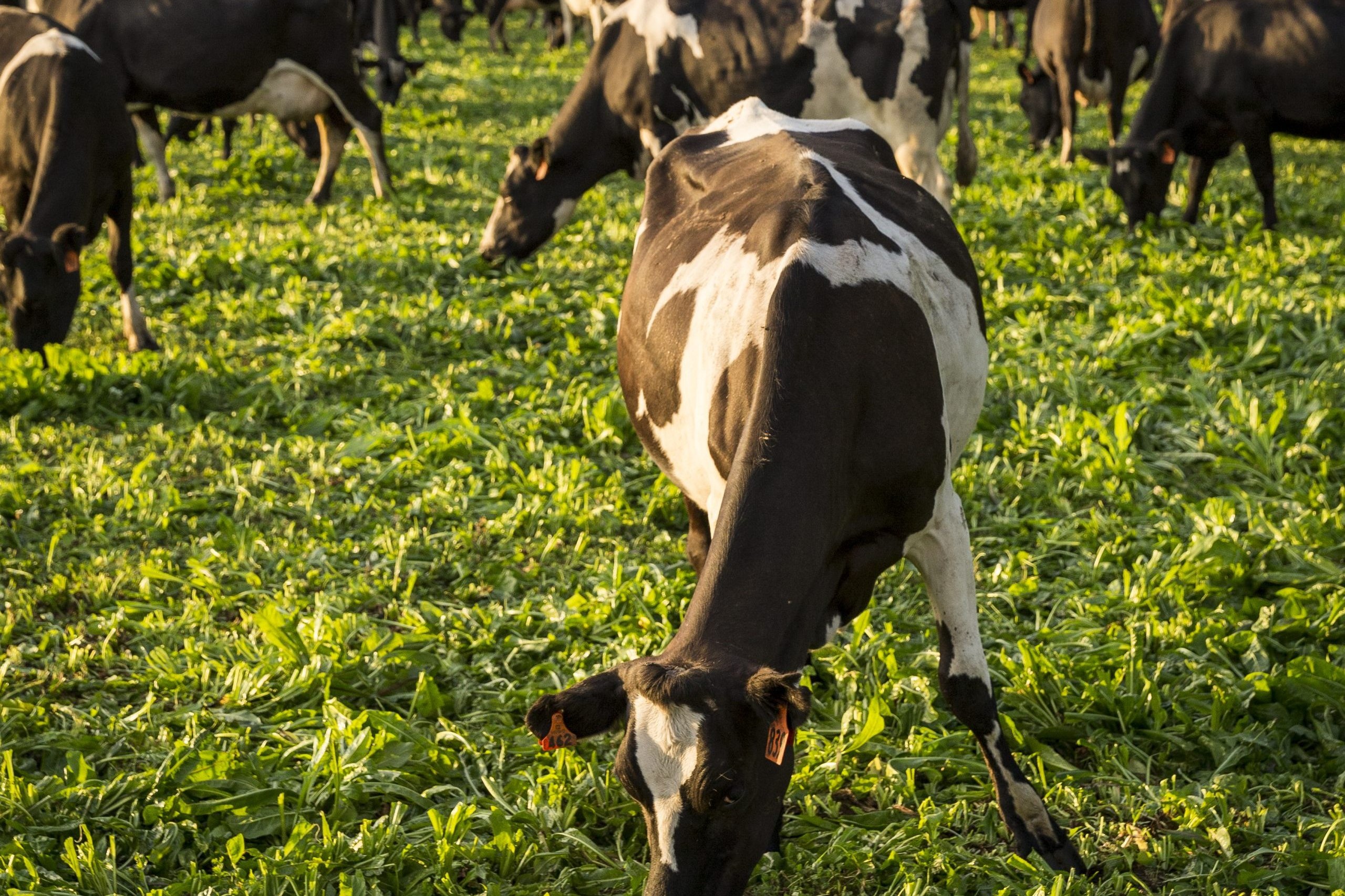Ensuring an insurable future
Educating and upskilling people on dairy farms is imperative to driving down risk and creating a more profitable business. Words Sheryl Haitana.

In Partnership with FMG
The risk of penicillin milk ending up in the vat equates to thousands of dollars down the drain. Even if it is insured, the excess, along with the inconvenience, logistics, and sense of failure within the team, can contribute to the fallout.
Milk claims are one example of a risk that can be prevented on farms with good processes and education. Engaging staff and investing in their future is a key part of not only improving a farm’s performance but also laying the foundation for a strong dairy industry.
“The more people are engaged, the less likely they are to make mistakes,” says FMG North Island rural manager Jason Rolfe.
“From an insurance perspective, if you have a high level of skilled staff who are more engaged, you have fewer preventable claims – fewer milk claims or vehicle accidents.
“We have insurance for when these things happen, but, for example, with milk claims, it’s the inconvenience of it, the downtime, and a lot of dairy companies now have incentive programmes, which can lead to another financial loss. We want to help our clients minimise some of this risk.”
FMG is partnering with industry events this season to help educate and upskill people to promote a stronger dairy industry. Supporting this next generation is fundamental to a bright future for the dairy industry, Jason says.
“We want a successful New Zealand dairy industry that leads the world, and that starts with people.”
Farm employers can help retain staff in their businesses by investing in them, including giving them time off to learn new skills, Jason says.
“Whether it’s upskilling in milk harvesting, mating, or body condition scoring, all these things add up to a more profitable business and reduce some of the preventative risks in your business.”
FMG is also keen to help educate the future contract milkers and sharemilkers entering the industry to ensure they have a positive future. Sharemilkers and contract milkers are the people the industry needs to come through and purchase farms in the future to keep NZ’s dairy sector strong and protect rural communities, Jason highlights.
Contract milking can be a precarious step for people transitioning from earning wages if they haven’t received enough advice or guidance to ensure they are signing the right contract and have all their bases covered.
“For a contract milker, if there is a vat of contaminated milk, they not only lose their profit but also have to reimburse the farm owner. They don’t necessarily have the cashflow or asset base to absorb these losses.”
Many contracts are signed in haste as people are eager to secure a job, but both parties need to sit around a table and discuss insurance coverage, he points out.
People need to have conversations about liability insurance regarding claims and who is responsible for what. For example, if there is damage to the farm dairy and the contract milker cannot milk the cows for the rest of the season, does the farm owner have insurance to pay the contract milker out for a set amount of production?
Visit fmg.co.nz





